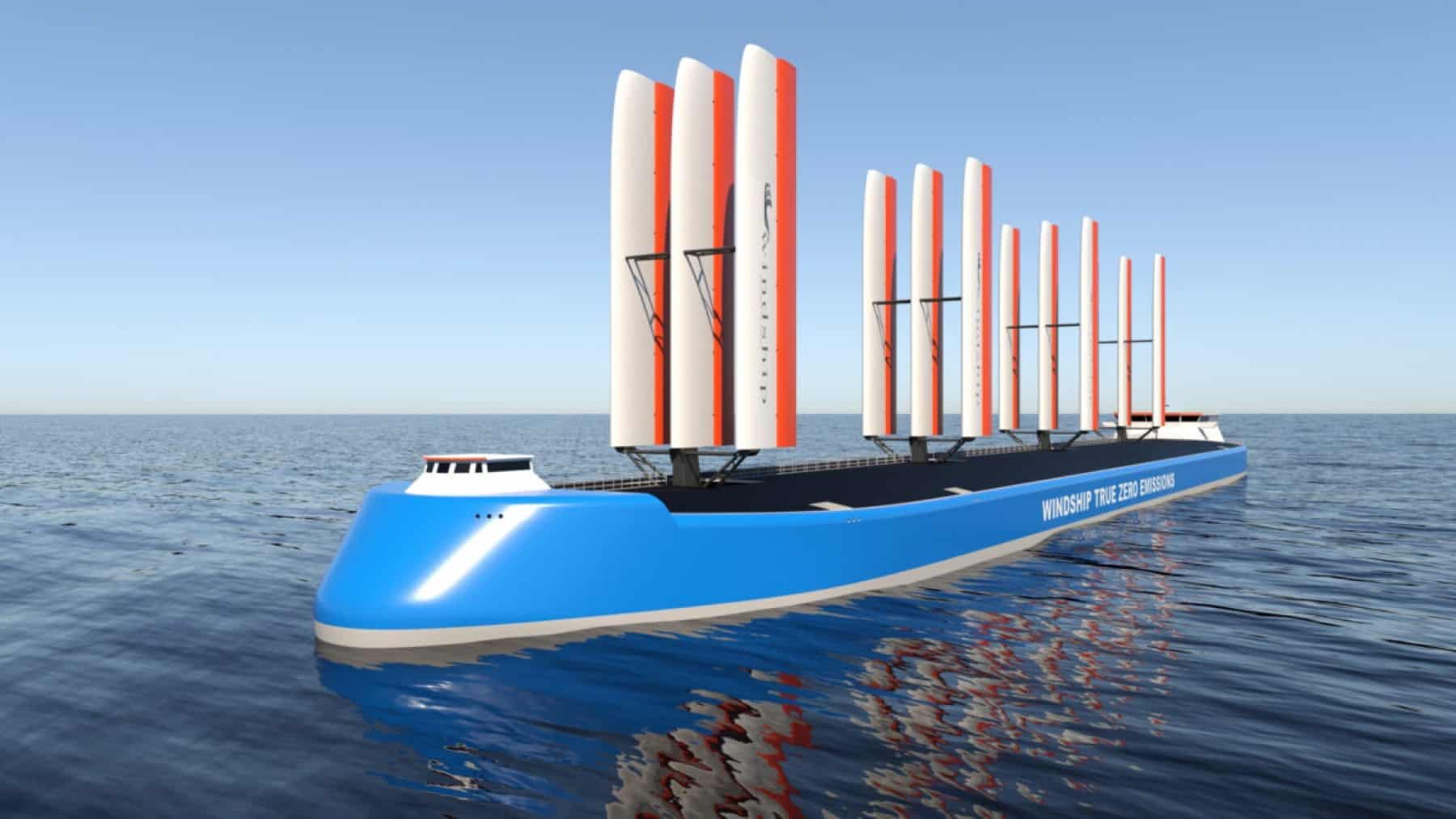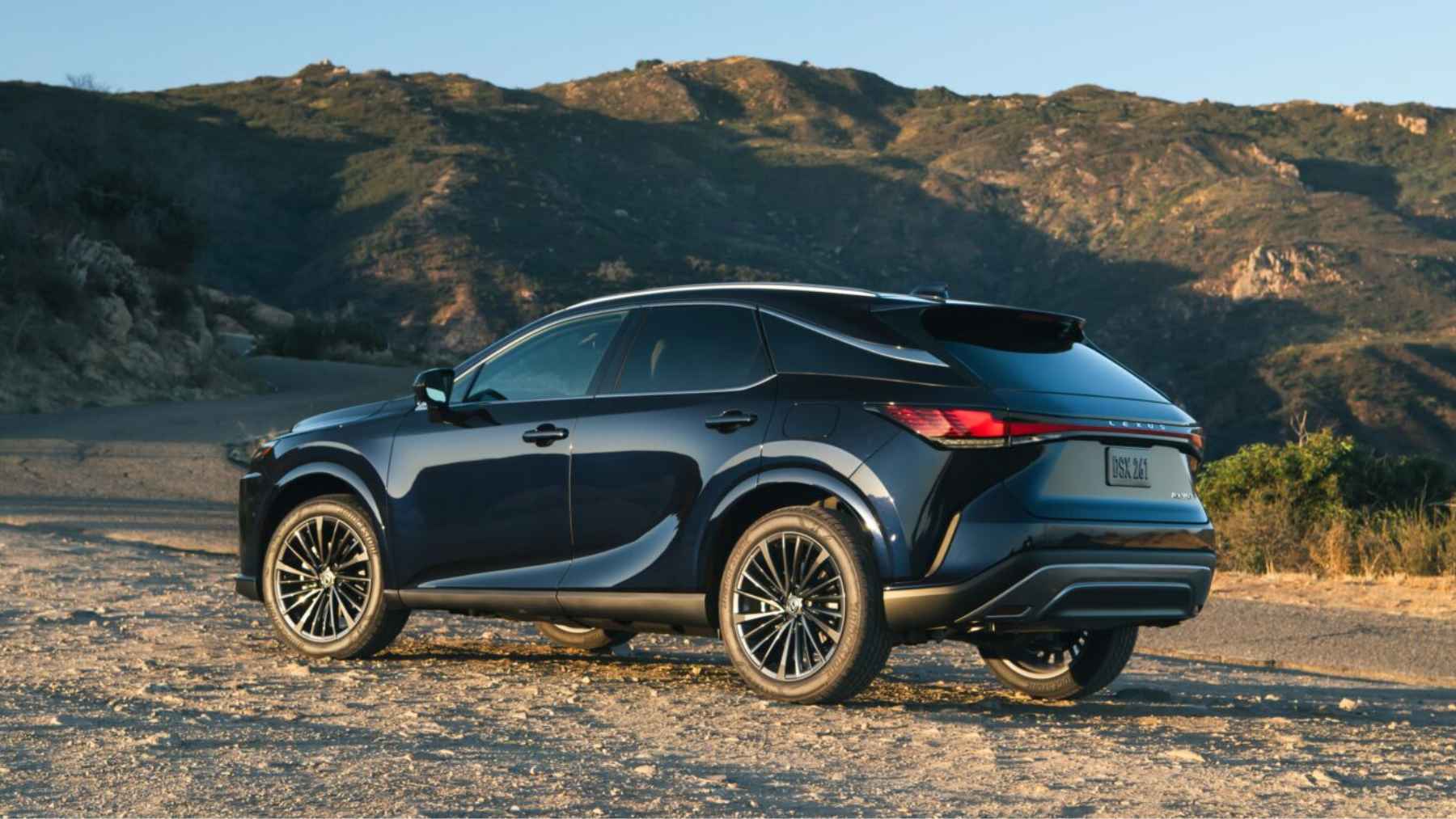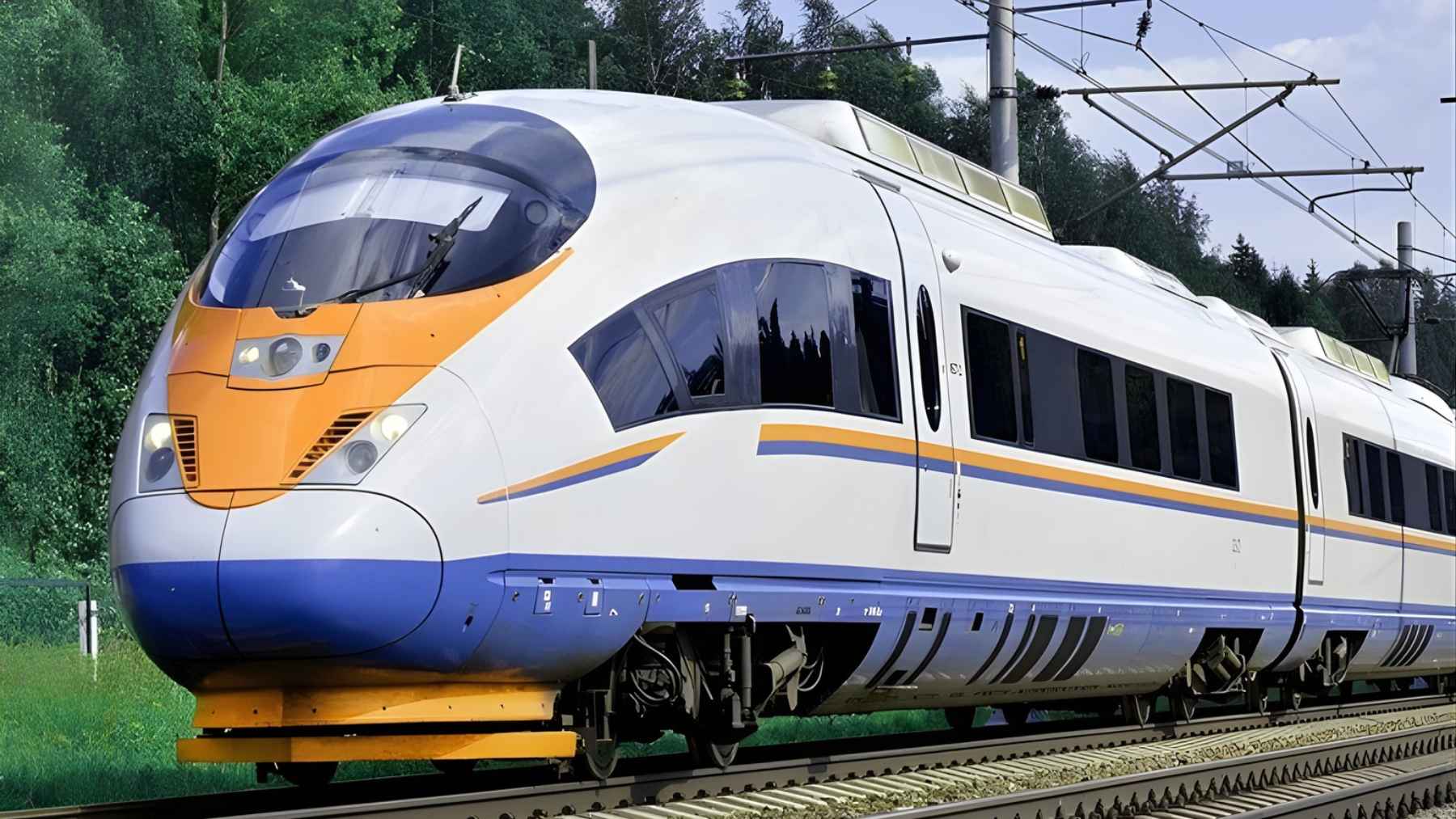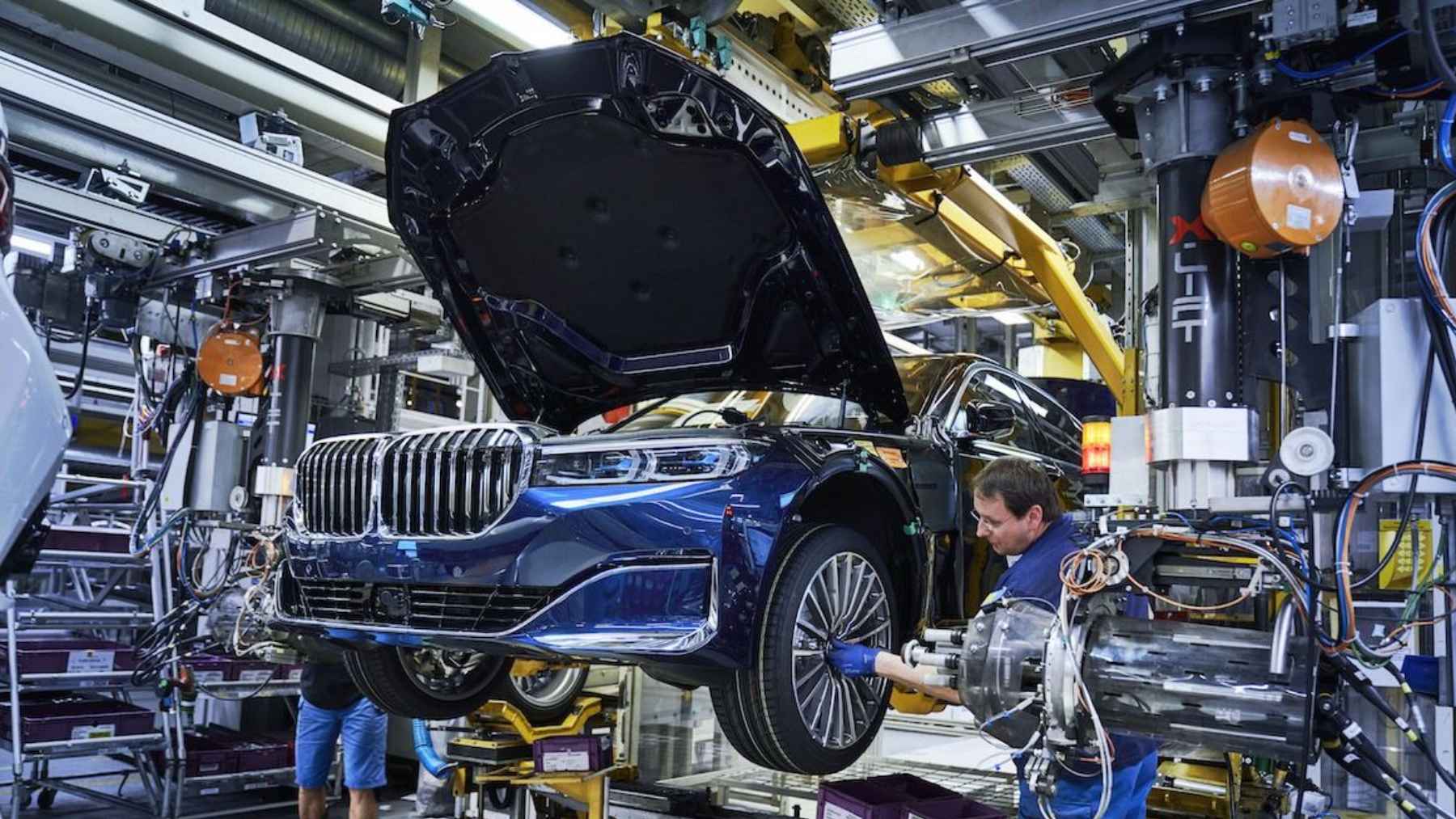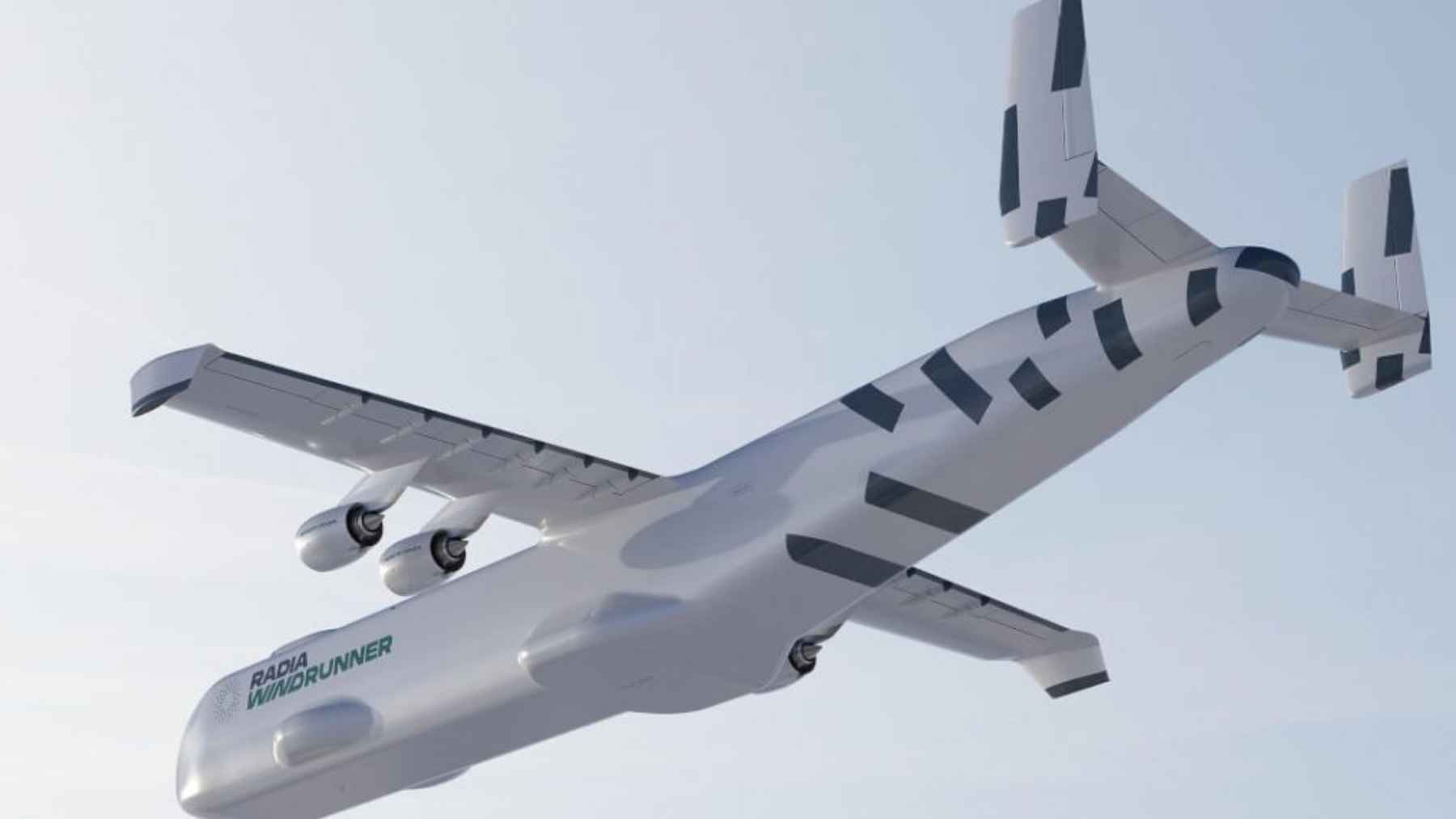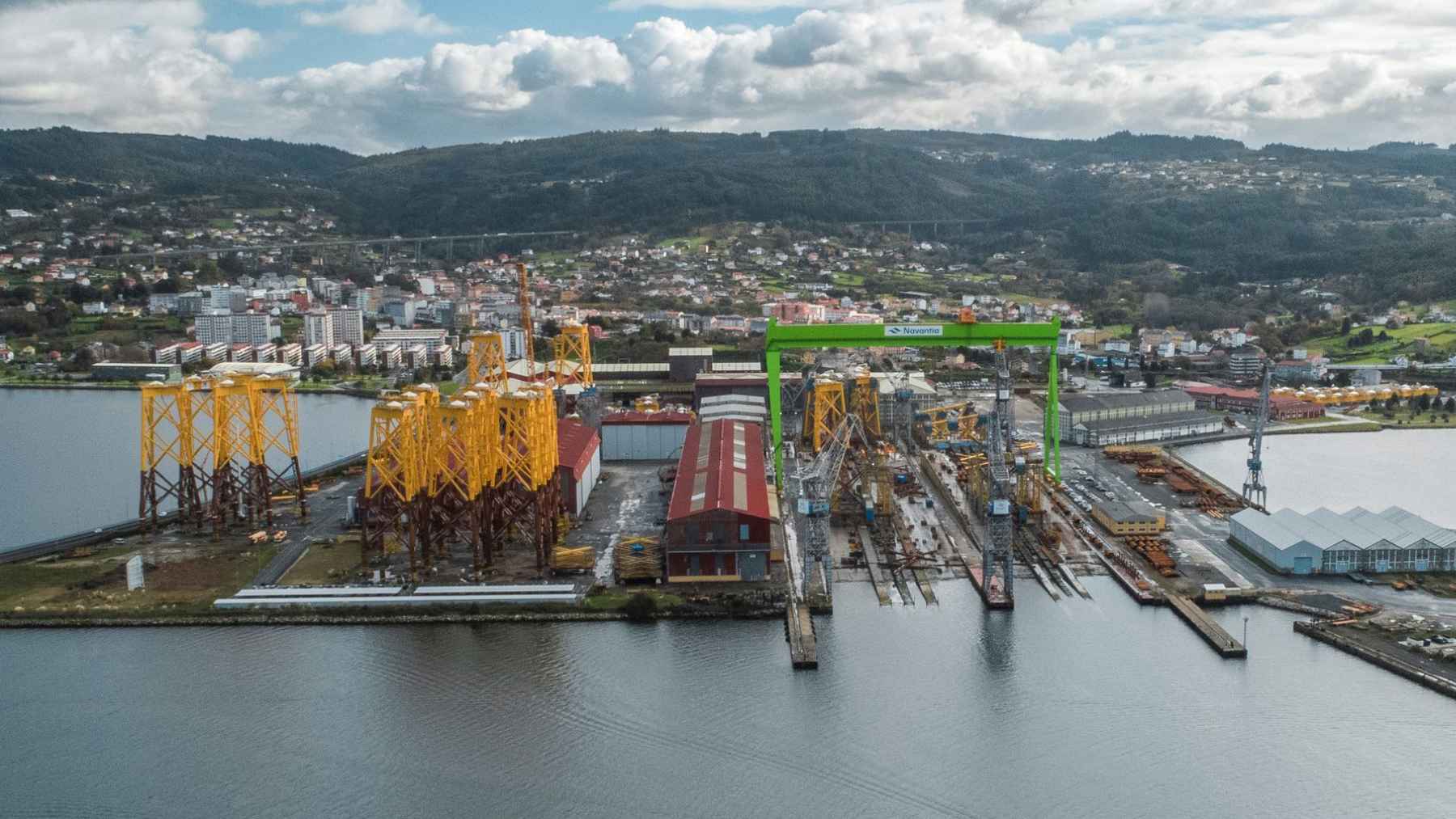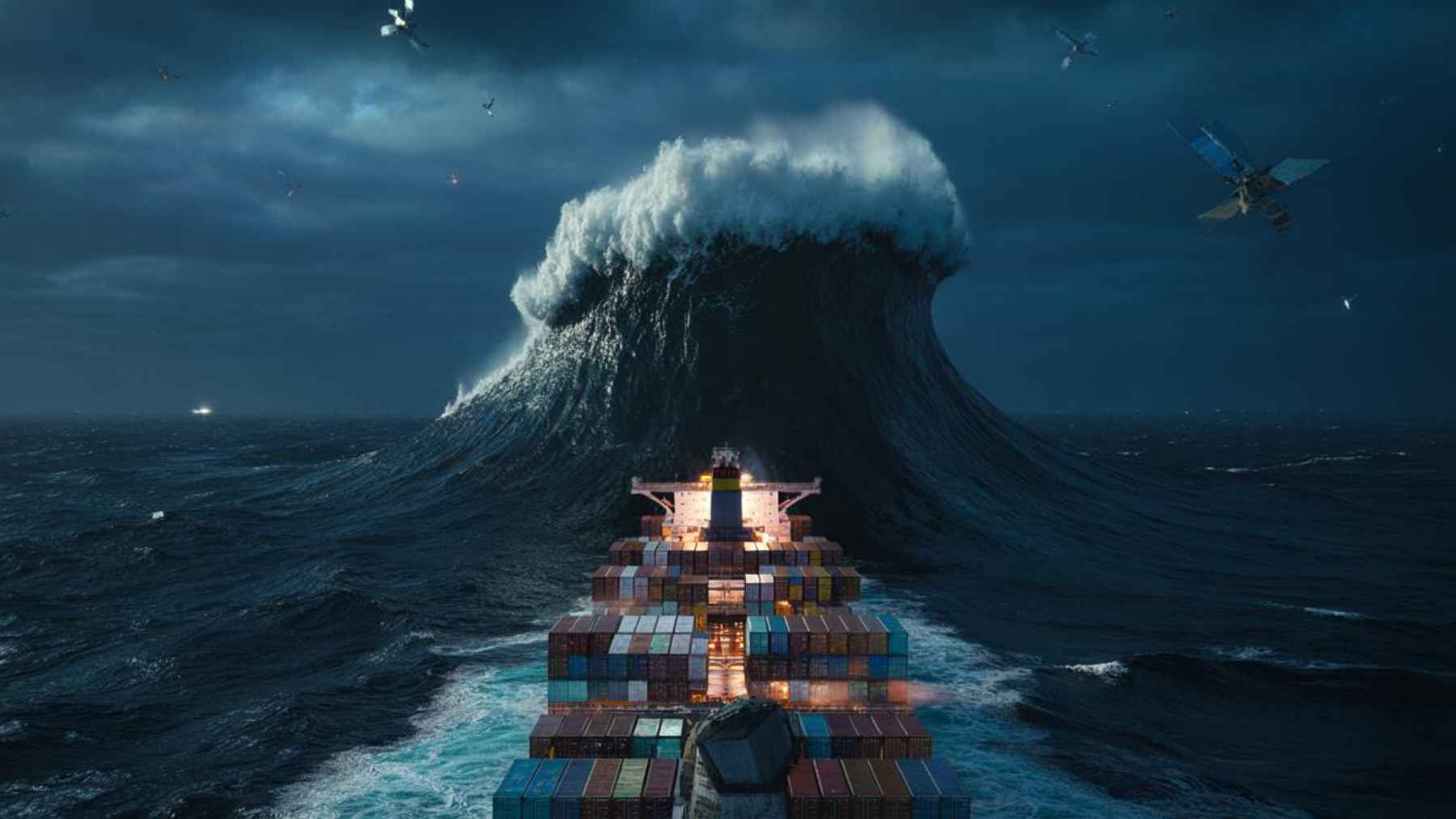When it comes to creating a zero-emissions world, the transportation industry has been particularly targeted in making this a reality. The industry contributes to a significant portion of the worlds’ carbon emissions, and the automobile industry has been at the forefront of changing this. From electrical engine innovation from Tesla to hydrogen fuel-cell technology from Toyota, the transportation industry is rapidly changing. In the maritime industry, this company is looking at innovative technology to create carbon-free transport on the water.
Tesla pushes the electrical engine to stardom
The electrical engine has been largely embraced in the automobile industry. American electrical vehicle giant Tesla has often been attributed to the success of the technology in passenger vehicles, not only due to the company’s futuristic and advanced battery-engine technology, but also thanks to Tesla’s ability to successfully market these vehicles as luxury and desirable products.
While the electric engine has remained the most dominant alternative engine seen in the road, with hybrid technology being the most popular, other sources of innovation for sustainability are also emerging. Hydrogen fuel-cell technology, particularly spearheaded by Asian automobile developers such as Toyota and Hyundai, is becoming another rising star in the alternative engine world, holding potential in other transportation sectors such as long-haul trucking and the aviation industry.
3500 BCE fuel resurrected in new ‘Tesla of the Seas’
While the automobile industry has been fast expanding and advancing to embrace electric technology for a more sustainable world, the same progress has not been seen in the maritime industry. Nevertheless, Windship Technology is looking at ways to create a sustainable maritime industry, and the success may not be in the electric engine but in the roots of the industry. Sailing has long been an object of human activity, with the first sailing ships to ever sail the world emerging around 3500 BCE with ancient civilizations like the Egyptians, Phoenicians, and Babylonians. These ships relied on manpower for smaller vessels, and the wind for much larger ones.
Now, Windship Technology is embracing these legacy roots with wind energy technology, with their newest ship ‘Tesla of the Seas’ design featuring a triple-wing rig as well as a new diesel electric ship drive system which eliminates harmful CO2, NOX, SOX and particulate matter. The ship also uses large solar arrays, carbon capture, optimized hull shapes and specialised weather routing software to pioneer a more sustainable maritime industry.
“The holistic approach demonstrated in this solution whereby wind power, solar power and the reduction of harmful exhaust emissions to effectively zero, are all brought together, means that at last there is a design solution that the International Maritime Organisation can champion to achieve its requirements for ‘at least’ zero carbon shipping,” says Professor Philip Wilson, formerly Professor of Ship Dynamics at the Ship Science Department at the University of Southampton
Innovation by maritime startups
The startup industry has been particularly instrumental in coming up with innovative designs to pushback on traditional engines which are harmful to the environment. The AirFish Wing-in-Ground (WIG) craft is an example of such innovation, where the ten-seater aircraft provides an opportunity to envision a two-in-one technological output of being able to both fly in the air and cruise on water, all with an impressively increased sustainable output.
While these innovations are certainty impressive, it is going to be much more of a challenge to revolutionize the large commercial maritime industry. The current global reality is that the industry is not equipped to adapt current technologies to more sustainable technologies, meaning there is not only increased technical difficulty with updating old vessels but the expense to do so would be enormous, not to mention the amount of collaboration which will be needed across the world.
Disclaimer: Our coverage of events affecting companies is purely informative and descriptive. Under no circumstances does it seek to promote an opinion or create a trend, nor can it be taken as investment advice or a recommendation of any kind.
